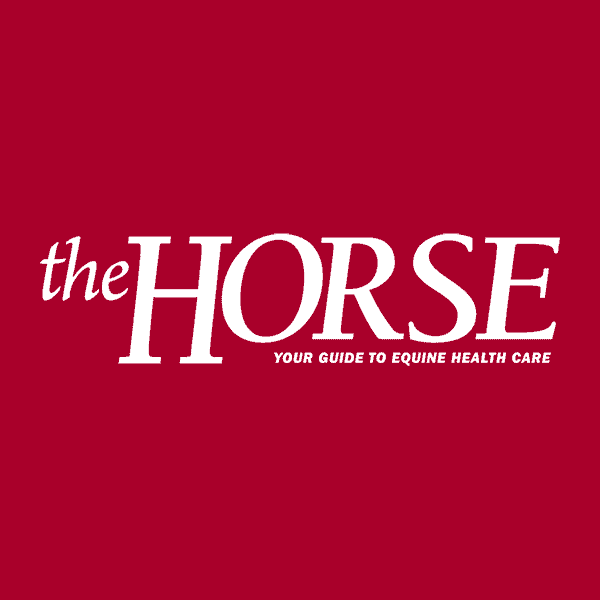VEE Reported In South, Central America
The American Horse Council (AHC) has recently learned that an outbreak of Venezuelan Equine Encephalomyelitis (VEE) has been occurring in Columbia over the summer. It was reported that as of July 21, 1998, some 480 horses had
- Topics: Article, Thoroughbred Racing
The American Horse Council (AHC) has recently learned that an outbreak of Venezuelan Equine Encephalomyelitis (VEE) has been occurring in Columbia over the summer. It was reported that as of July 21, 1998, some 480 horses had been identified as sick with the virus with 80 dead. It was also reported that the affected municipalities are under quarantine and efforts are continuing to identify and treat sick horses. Vaccination of susceptible equines is under way as well.
Honduras has also had cases of VEE, according to an official report from the veterinary services of Honduras. There have been 28 cases of VEE serologically diagnosed in different regions of the country. All cases have been tested also for Eastern Equine Encephalitis and Western Equine Encephalitis with negative results. Other differential diagnoses conducted include equine infectious anemia and Babesia equi. Brain and blood samples have been sent to the National Veterinary Services Laboratory in Ames, Iowa, to attempt virus isolation. Results are still pending.
The report indicated that the movement of horses from affected areas has been restricted with focal and perifocal vaccination being carried out.
The report said the first case in Honduras was detected on February 5 and the last on June 15. The situation is reported to be under control TheHorse.com is home to thousands of free articles about horse health care. In order to access some of our exclusive free content, you must be signed into TheHorse.com. Already have an account?Create a free account with TheHorse.com to view this content.
Start your free account today!
and continue reading.

Written by:
The Horse Staff
Related Articles
Stay on top of the most recent Horse Health news with















